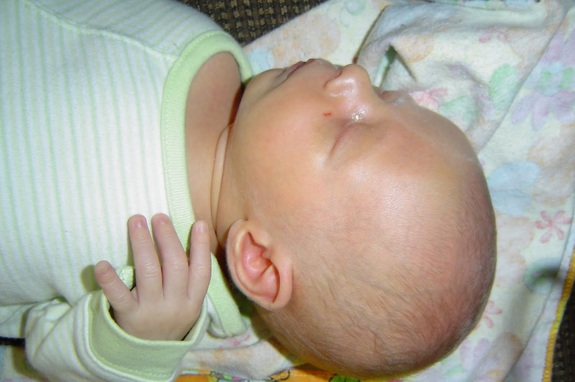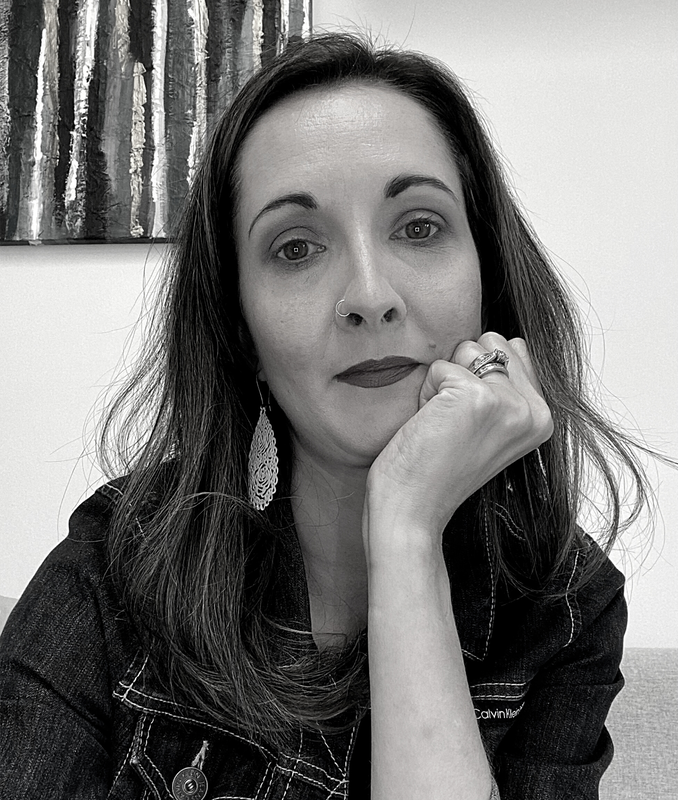|
In the area of breastfeeding support, education and advocacy often times those of us in this line of work are assumed to be anti-formula and not willing or unable to support the formula feeding families. People are often shocked to find out this is not actually the case, or at least not always the case. More and more within the education and work I do, we are discussing the non-breastfed baby. As we learn more about breastfeeding, we learn more about babies, mothers and families and the needs of babies, mothers and families. One of the most recent headlines that started a discussion between myself and a couple of friends was that breastfeeding has a positive effect on the mental health of children and adolescents; in fact the longer the child is breastfeed the more significant the benefits are. Interestingly, in this information released was the need to look at how the non-breastfed baby can be given similar benefits.  To do this we need to ask, what is it about breastfeeding that makes for this benefit? Is it the “milk” factor? We know that the fatty acids and other non-replicable components in breastmilk are great for brain development and growth and those hormones like leptin protects against stress in infants. What about the attachment factor? We know that breastfeeding mothers look into their baby’s eyes more, they touch their baby’s more, there is more skin-to-skin contact and in fact breastfeed babies have a stronger relationship with their mothers than with anyone else. Breastfeeding is a relationship builder between an infant and its mother. It is the first secure, attached relationship that a baby learns to trust. Healthy secure, attached relationships have been shown to be have a positive effect into adulthood. Are there other factors to explore yet? We can see that it is potentially a combination of factors that lead to this finding and benefit. Exploring the factors, I am able to answer the questions that arise from the mothers that are not breastfeeding when they see a headline like “Breastfed babies have fewer behavioural problems”. They do have honest questions of “What about my baby? Breastfeeding did not work for us.” (we do not need to get into the why it did not work here, that is a whole other blog post, or 10). They ask to be supported as equally as a breastfeeding mother would be or sometimes they do not ask for support at all because they fear the reaction. They might expect to see an eyeroll when they say they need to be supported as well. They may be unsure of what reactions they will get. They may expect to hear someone say if you would have tried harder you could have breastfeed or hear the stat of how many mothers truly physically cannot breastfeed. So well this *might* be true, it is sometimes too late for that information. Giving that info for future babies or other people they might support later can help, yes, indeed it may, but it does not answer the questions that she is asking right now; the question of what about my infant that I am not breastfeeding right now. I want to reassure these mothers that it should not be an eye roll and they deserve the information and support they need at that time. To these mothers, I say, goodness, if *I*, the one who will not say that formula feeding and breastfeeding are equal or that we should not continue the work we are doing for breastfeeding globally to have higher rates, longer durations, etc, can say that we still need to educate and support these mothers on infant feeding then more people should be able to see that. Like I mentioned, it may not be all about milk. Certainly, when you place breastmilk beside formula there are vast differences, that science cannot be disputed and formula companies will never come close to replicating breastmilk. Does that mean I would be happy if all babies had breastmilk from a bottle and were never at the breast, never held for feeds, never caressed by its mother? Certainly not. We need to educate society about the ACT of feeding infants and caring for our infants and the impact of these actions, good and bad. A question that serves food for thought that looks at just this idea; "If you had to choose one of these options, which one would you choose? 1) Would you breastfeed with formula being the substance that came out of your breasts or 2) Bottle feed breastmilk?" More questions arise around the impact of pumping breastmilk and bottle feeding vs feeding directly from the breast. Every mother will answer these questions in their own unique fashion, based on their experiences, education, situations and perceptions. Existing are the ideal, perfect breastfeeding relationships and co-existing are the handfuls of many "good enough’s". Good enough is not necessarily a bad thing. It can be a place of peace and harmony for those mother-baby dyad’s. Do I strive for 100% of the parents I help to have the best, most wonderful breastfeeding relationships, or can it be "good enough"? It would be so wonderful and we would all be fortunate to get to 100% but is that realistic? For now, good enough is acceptable for me when it is the choice the parents. We get there when parents have been supported and educated in the decision making process, as all parents should be. It might mean breastfeeding solely, artificial feeding or mixed feedings, it might be direct breastfeeding, it might mean pumping and bottle-feeding. Every families good enough will always look different. Where we fall short, I feel is in completing this responsibility of educating and then supporting, period. This is where I think “good enough” is not acceptable. This is where we need to improve and this is where I plan to focus. If you need support & education I offer a variety of services - doula support, lactation support and prenatal birth & breast-feeding classes. Contact me to find out more |
Kim Smith
|
 RSS Feed
RSS Feed
